Five Feminist Lessons from a Super-Election Year
In 2024, 74 countries went to the polls amidst spiralling polarization, rampant disinformation, and growing pressure on democratic institutions. In many cases, electionsImproving transparency in elections and maintaining the independence of electoral commissions is vital for promoting trust in the electoral system, preventing electoral fraud, and upholding the democr... More ushered in populist governments that framed genderOGP participating governments are bringing gender perspectives to popular policy areas, ensuring diversity in participatory processes, and specifically targeting gender gaps in policies to address gov... More and inclusionOGP participating governments are working to create governments that truly serve all people. Commitments in this area may address persons with disabilities, women and girls, lesbian, gay, bisexual, tr... More as “identity politics,” downplaying or attacking equity initiatives and accelerating the rollback of hard-won rights for women and marginalized communities.
Despite this, four action research projects funded by the International Development Research Centre’s (IDRC) Feminist Open Government Initiative show that progress is still possible when local coalitions have the right tools and allies.
Let’s explore key lessons from these projects to implement gender reforms in your next open government action planAction plans are at the core of a government’s participation in OGP. They are the product of a co-creation process in which government and civil society jointly develop commitments to open governmen....
1. Include gender expertise in co-creation, early and often.
Bringing gender and inclusion expertise at the start of the co-creation processCollaboration between government, civil society and other stakeholders (e.g., citizens, academics, private sector) is at the heart of the OGP process. Participating governments must ensure that a dive... ensures that commitments are based on the realities faced by marginalized groups. Without this approach, it runs the risk of reinforcing existing inequalities.
In Colombia, a consortium of civil society partners —Fundación Corona, Datasketch, Corporación Libertad y Democracia, and Instituto Anticorrupción— worked with over 750 officials, activists, and citizens to identify gender-specific problems and priorities for the country’s fifth th national action plan. The collaborative process resulted in six of the 24 commitments incorporating gender and inclusion targets, a significant shift from previous plans.
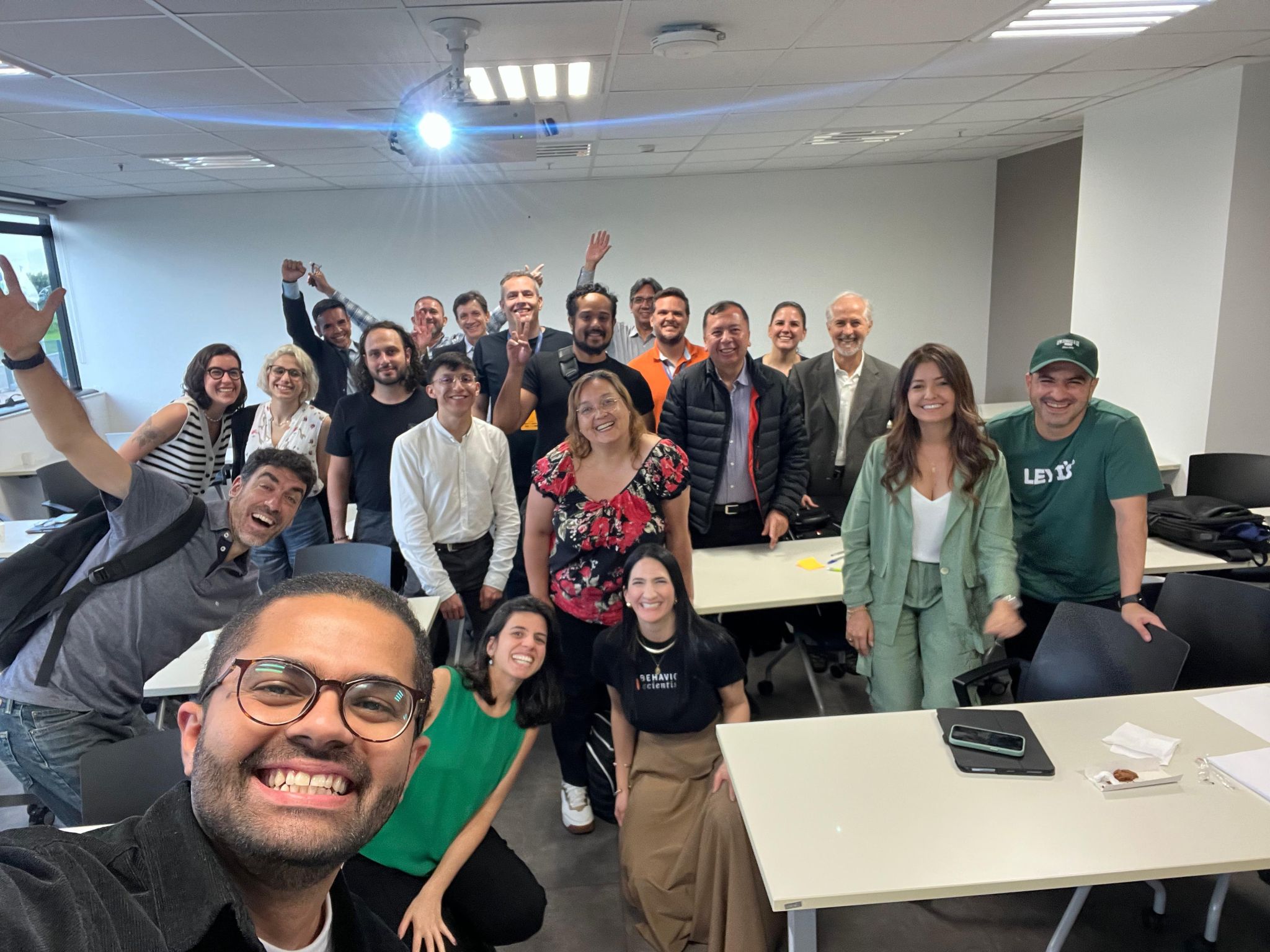
Workshop at Fundación Corona
The consortium also launched a web-based repository with tools, recommendations, and examples to support gender mainstreaming in open government commitments. By making these resources public and easy to navigate, they’ve helped other actors —from government agencies to local civil society organisations (CSOs) —understand how to move from abstract commitments to concrete, actionable reforms.
2. Center vulnerable groups in shaping solutions that directly impact them.
Too often, responses to tech-facilitated gender-based violenceReforms that combat gender-based violence are essential for fostering an inclusive society and government that respects human rights and promotes gender equality. Technical specifications: Commitments... More (TFGBV) are designed without the voices of those impacted. As a result, survivors are left navigating systems that prioritize procedures over protection.
In Costa Rica, an organization called ACCESA set out to change that. Through a participatory process, stakeholders co-created the region’s first inter-institutional response protocol for TFGBV, centering on the victim’s perspective.

Meeting at ACCESA
This bottom-up approach helped identify gaps in existing mechanisms and outline concrete, survivor-centered steps for institutional response.
Several government bodies in Costa Rica have already expressed their commitmentOGP commitments are promises for reform co-created by governments and civil society and submitted as part of an action plan. Commitments typically include a description of the problem, concrete action... to adopt this approach and the process has sparked broader institutional conversations around prevention, reporting, and victim support.
3. Digitalization as a tool for inclusion
Women and girls, particularly those in marginalized communities, often face structural barriers to access and use of digital tools, such as limited internet access, cultural biases, and unsafe online spaces. Kenya has not been the exception as women’s reality is rarely reflected in their national digital policies and have tended to prioritize efficiency over equity, deepening existing inequalities.
To address this gap, the African CSO Pollicy developed a toolkit to help digital governanceAs evolving technologies present new opportunities for governments and citizens to advance openness and accountability, OGP participating governments are working to create policies that deal with the ... More stakeholders rethink how policies are designed, implemented, and evaluated. The toolkit encourages a citizen-centered approach, prompting policymakers to ask: Who is being left out, and why? What data are we missing? How do we ensure digital services meet the needs of everyone, especially those most often excluded?
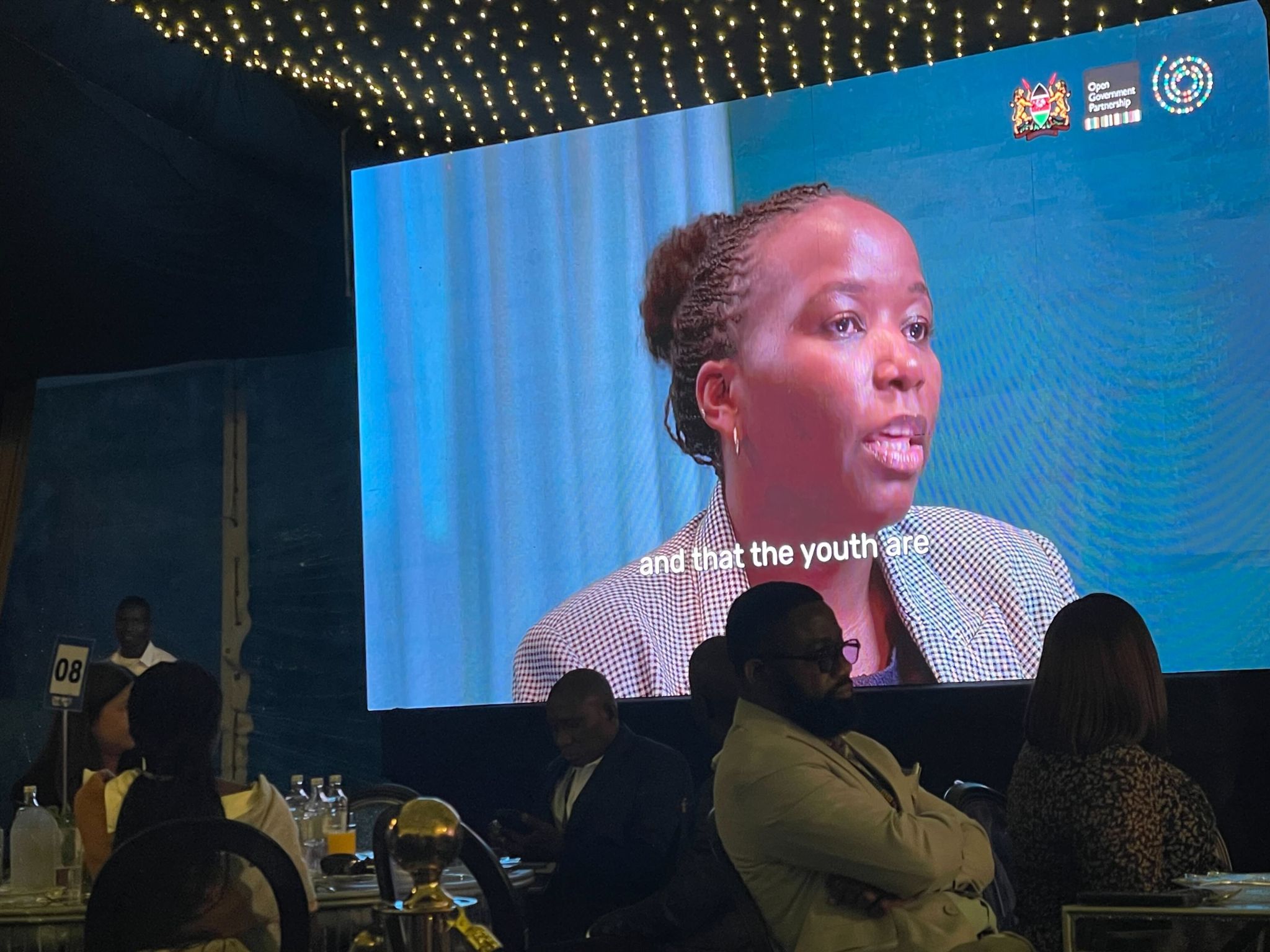
Pollicy at the OGP Africa and Middle East Regional Meeting in Nairobi, Kenya (2025)
Since its release, the toolkit has informed discussions across the country, challenged the ‘one-size-fits-all’ approach, and inspired efforts to improve digital service delivery by making platforms simpler, more accessible, and better aligned with people’s everyday realities. It reframes digitization not just as a technical process but as a tool for inclusion. After all, digital governance only works when people can actually log in.
4. Create safe spaces to drive legal change
Women’s influence in domestic legal reforms can be difficult, particularly in areas where political, religious, and cultural sensitivities can exclude their voices. In Morocco, efforts to reform the Family Code —which governs issues like marriage, divorce, and inheritance— have long struggled to meaningfully include the experiences of women affected by its limitations.
To change that, Association Tahadi pour l’Égalité et la Citoyenneté (ATEC) led a series of inclusive workshops and interviews that brought together more than 200 civil society leaders and advocacy hubs across five regions. These safe, trust-building spaces allowed women to speak openly about the obstacles they face in accessing justiceTo address barriers that prevent citizens from having their justice needs met, OGP participating governments are working to expand transparency, accountability, and inclusion into all systems of justi... and helped shape concrete recommendations for the draft Family Code reform.
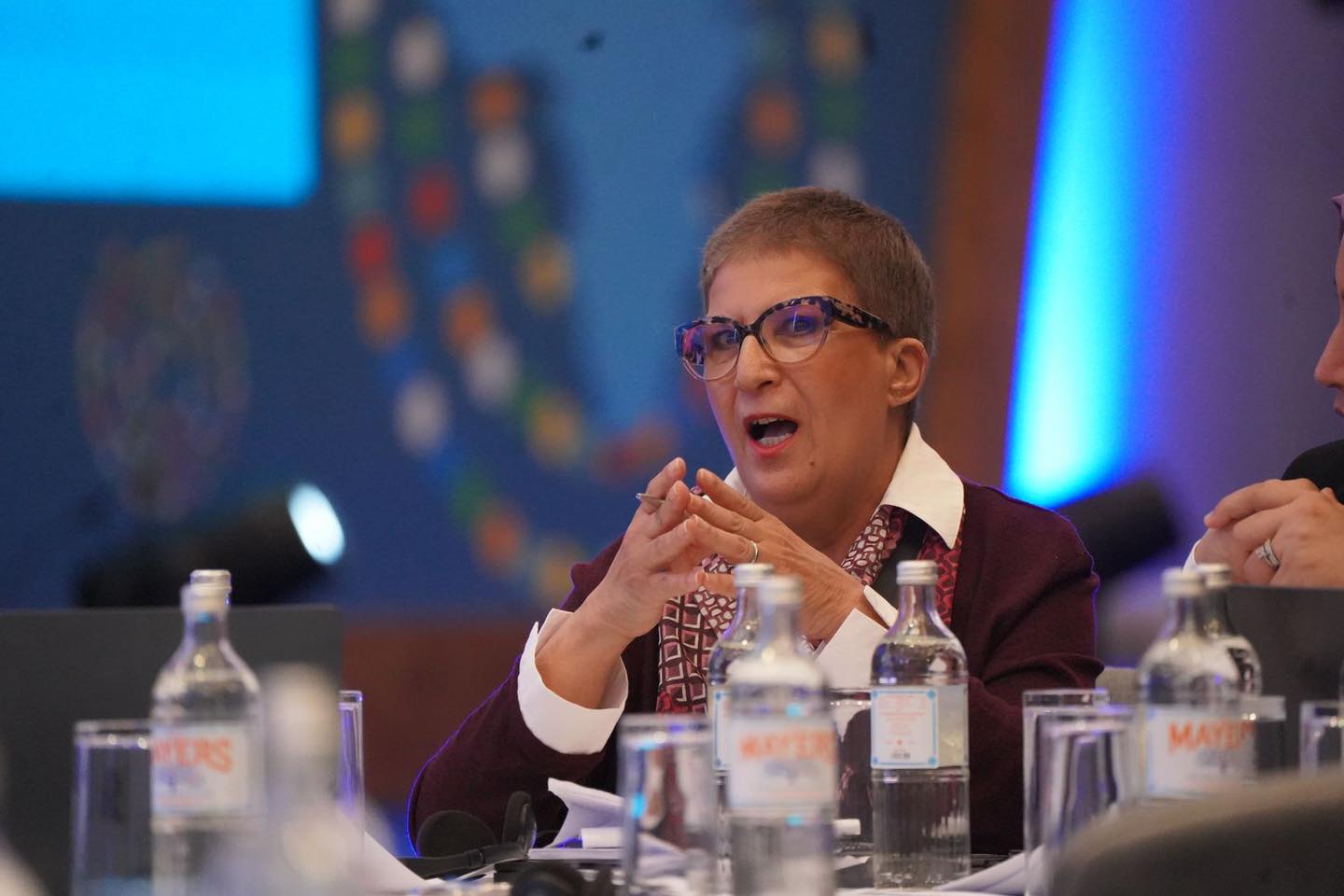
ATEC at the OGP Africa and Middle East Regional Meeting in Nairobi, Kenya (2025)
During one of the dialogues, a woman who had experienced violence shared that she was unaware of the existence of a listening center in her town. Following this, ATEC worked with her and other women to organize a community workshop with local authorities, resulting in a public commitment to raise the visibility of local support services for survivors.
This process not only deepened understanding of the systemic barriers to women’s access to justiceAccessible justice systems – both formal and informal – ensure that individuals and communities with legal needs know where to go for help, obtain the help they need, and move through a system tha... More, but also strengthened advocacy efforts by helping shape the draft reform of the Family Code.
5. Protect women through policy change.
Election cycles come and go, but the need to protect women —especially in a time of democratic backsliding and rising populism— has never been more urgent. These four lessons show that even in complex and challenging contexts, progress is possible when reforms are built with people, not just for them.
From digital inclusionPrioritizing digital inclusion — such as by expanding broadband access to remote areas or removing barriers to affordable internet — helps ensure all citizens have the opportunity to participate. ... More in Kenya to justice reform in Morocco, each initiative offers a practical, grounded way forward which turns abstract commitments into real change for women.
Thanks to the support of the IDRC, these locally led efforts provide a roadmap for governments and civil society alike. As members enter a new OGP action plan cycle, these lessons offer clear starting points for defending and advancing gender equality and inclusion where it matters most.
No comments yet
Related Content
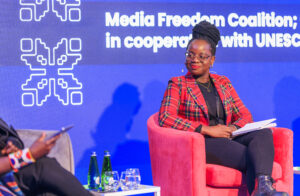 Champions
Champions Faces of Open Government: Sarah Wesonga
Meet Sarah Wesonga, Program Officer for Transparency and Access to Information at ARTICLE 19 Eastern Africa.
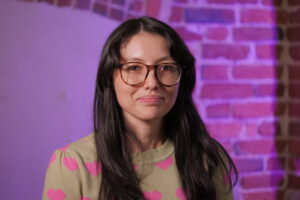 Champions
Champions Faces of Open Government: Daniela Chacón-Mendoza
In this interview, marking the International Day for the Elimination of Violence against Women, Daniela Chacón-Mendoza discusses the critical role digital platforms play in combating gender-based violence in politics.

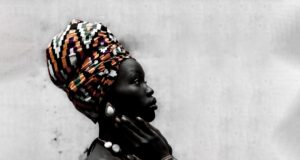
Leave a Reply